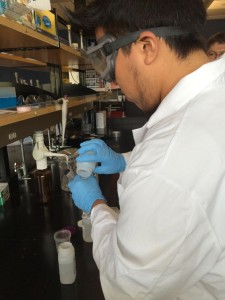Report highlights the disparity in insurance access among Native communities
By S. Vagus, Live Insurance News
A new report from the Alliance for a Just Society, Indian People’s Action, and the Montana Organizing Project suggests that Native Americans may not have as much access to Montana’s health insurance exchange as they should. Approximately 6.5% of Montana’s population is comprised of Native Americans, with an estimated 1.7% of enrollees in the state’s health insurance exchange falling into this demographic. The report highlights barriers that exist in the state that may be preventing Native Americans from receiving medical care.
There are significant barriers blocking Native Americans from the coverage that they need
The report notes that access to insurance coverage does not guarantee quality medical care. According to the report, the delay in expanding the state’s Medicaid program has prevented many people from receiving the care that they need, as a significant portion of consumers cannot afford coverage offered through the state’s health insurance exchange. The report also notes that there has been a significant lack in outreach to Native American consumers, which means that these consumers are not being made aware of the services offered by the state’s insurance exchange.
Efforts are underway to improve access to health insurance
In the earliest days of the state’s insurance exchange, Native American organizations were not provided with grants from the federal government that would pay for insurance navigators. These navigators are meant to assist consumers in enrolling for health insurance coverage through a state exchange. The navigators also provide information concerning the provisions of the Affordable Care Act and can provide some insight on the availability of subsidies being offered by the federal government. Without navigators, Native communities were unable to access the information that these navigators were meant to provide. Now, however, certified application councilors are available to take on the role of navigators.
Expanded Medicaid system may be helpful
Montana is still planning to expand its Medicaid system, but this could take time. Implementing the expansion may ensure that more Native peoples have access to health insurance coverage, but outreach efforts will have to increase if the state wants to ensure that these people are even aware of the expansion. Without outreach, many Native consumers may not know that they are becoming eligible for health insurance through Medicaid.


